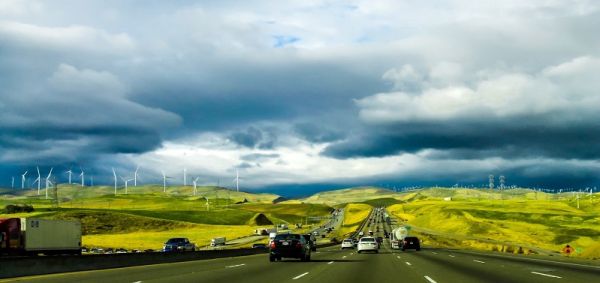
Decent living for all does not have to cost the Earth
Global energy consumption in 2050 could be reduced to the levels of the 1960s and still provide a decent standard of living for a population three times larger, according to a new study.

Global energy consumption in 2050 could be reduced to the levels of the 1960s and still provide a decent standard of living for a population three times larger, according to a new study.

Tapping into the myriad uses of plants and fungi could save people and the planet, says new report
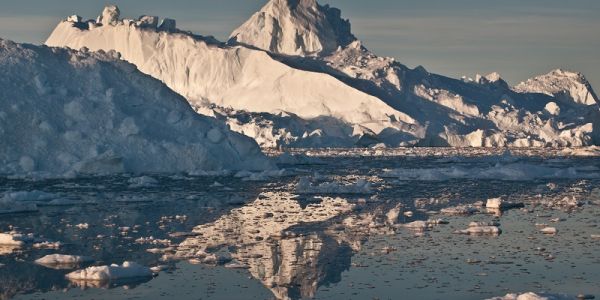
Scientists warn that if greenhouse gas emissions continue apace, Greenland and Antarctica’s ice sheets could together contribute more than 39cm to global sea level rise this century.
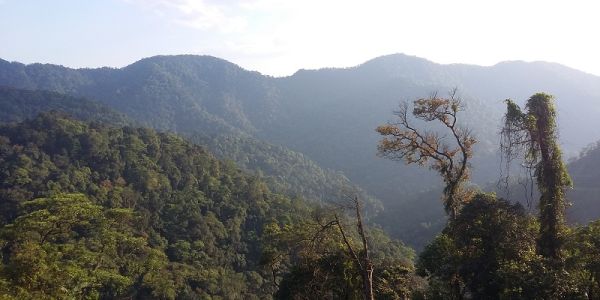
Research by the University of Leeds has helped secure the highest government protection for internationally-important Vietnamese forests.

A global analysis reveals for the first time that across almost all tree species, fast growing trees have shorter lifespans.

Ice sheets in Greenland and Antarctica whose melting rates are rapidly increasing have raised global sea level by 1.8cm since the 1990s, and are matching worst-case climate warming scenarios.
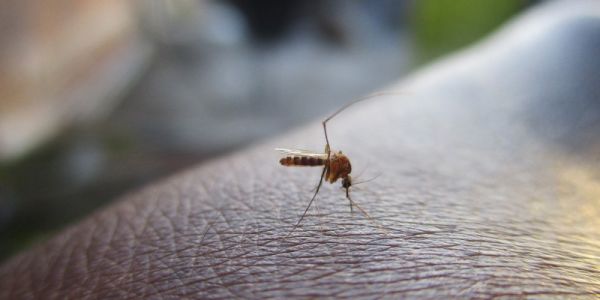
An international study reveals how future climate change could affect malaria transmission in Africa over the next century.
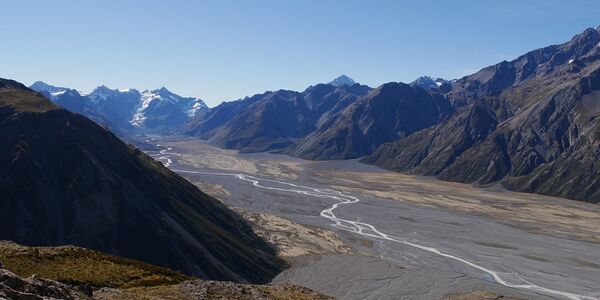
Glaciers in the Southern Alps of New Zealand have lost more ice mass since pre-industrial times than remains today, according to a new study.

The two pollutants most harmful to human health, PM2.5 and Ozone, were only slightly reduced or barely affected during the lockdown in China, according to a new study.
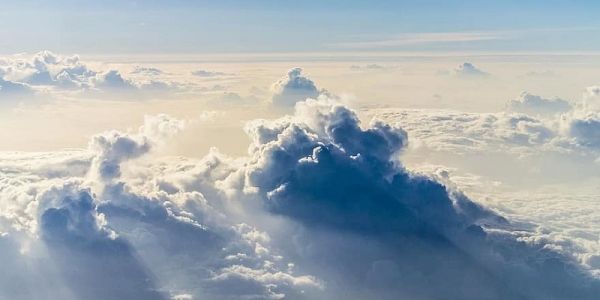
A new study uses satellite data over the Southern Hemisphere to understand global cloud composition during the industrial revolution.